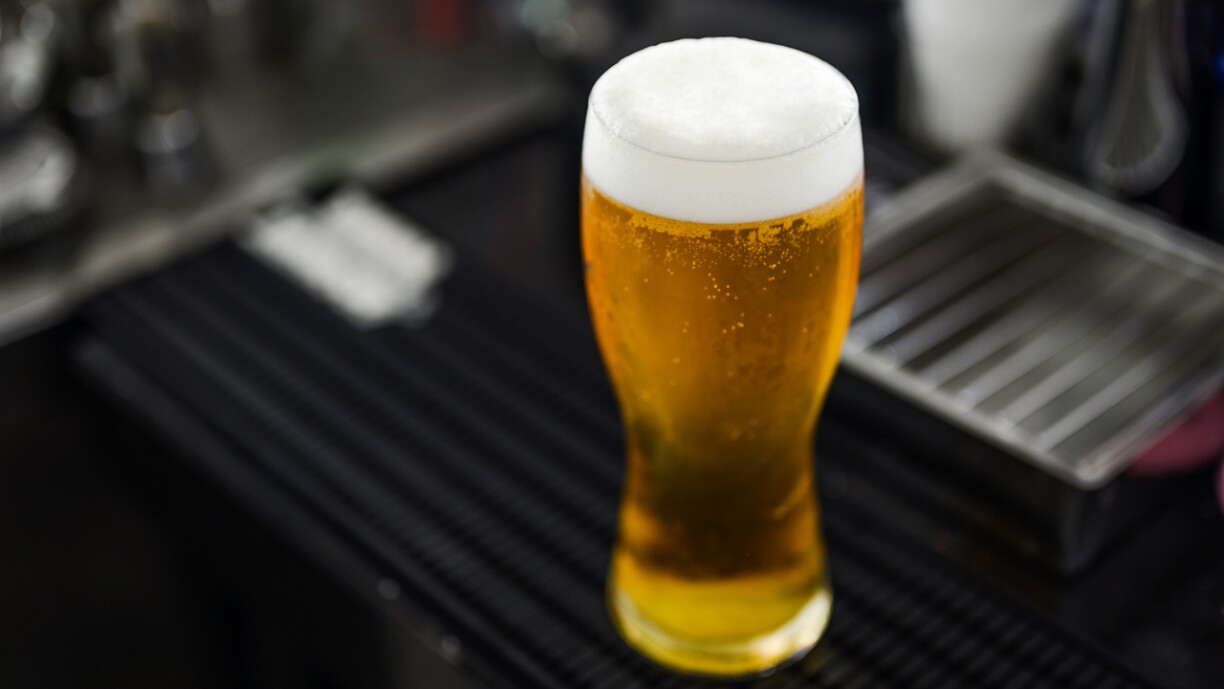
In mid-September, Luxembourg’s competition authority publicly accused two major breweries of dominating and restricting the beer market.
While not officially named by the authority, the breweries in question are understood to be Brasserie de Luxembourg (producer of Diekirch) and Brasserie Nationale (producer of Bofferding). They are alleged to use exclusive contracts that compel bars, restaurants, and hotels to purchase and serve primarily their brands.
According to a 2019 report from the competition authority, cited recently by the Luxemburger Wort, these contracts can require establishments to sell at least 80% of a specific brand. They may also set minimum sales quotas and turnover targets, offering discounts or providing equipment like taps and refrigerators in return.
This dynamic was confirmed by multiple bar owners who spoke anonymously to RTL, citing fear of reprisal from the breweries. “The breweries do whatever they want with us, they set the rules, determine the prices for drinks, and dictate what we’re allowed to sell”, one owner told the Wort. This sentiment aligns with testimony RTL has gathered in recent months.
The brewers’ leverage is often strengthened by their role as the primary tenants for many establishments and their control over a significant portion of the limited alcohol licences. While no official register exists, the Diekirch and Käerjeng breweries are believed to hold more than half of these licences.
Industry sources indicate that the recent merger between beverage distributor Munhowen – owned by Brasserie Nationale shareholder Georges Lentz – and Heintz has further heightened tensions. According to these sources, Brasserie de Luxembourg has become increasingly disgruntled with its bar owners. One owner commented to RTL, “Brasserie de Luxembourg doesn’t think monopolies are cool, unless they’re the ones profiting from them.” Several also reported that the Diekirch brewery had raised their rent and denied requests for repair work.
When contacted for comment, the Bofferding brewery stated it would get back to RTL. Multiple attempts to reach the Diekirch brewery were unsuccessful. Both breweries similarly declined to comment to the Wort three weeks ago.
A 2022 ruling by the Superior Court of Justice has further complicated the situation for bar owners. The court overturned a 2018 law that had prohibited tenants from charging subtenants more than they paid to the primary landlord. The ruling effectively allows a primary tenant, such as a brewery, to pass on certain costs and even make a “reasonable profit” from its subtenants.
Speaking on condition of anonymity, several bar owners told RTL that the Diekirch brewery – owned by the international corporation AB InBev and managed primarily from Belgium – raised rents following this decision. One message circulating within the industry suggested that Brasserie de Luxembourg would institute a 10% rent increase each time a new operator took over one of its establishments.
These rising costs eat into profit margins, leaving less capital to invest in staff. Multiple bar owners identified finding and retaining staff as one of the industry’s most significant challenges. According to the National Institute of Statistics and Economic Studies (STATEC), the sector offers the lowest average net salary in the country, at approximately €40,000 per year. Additionally, the collective bargaining agreement includes an exception for Sunday work, where staff typically receive extra days off in lieu of a 70% salary supplement.
Bar owners are caught in a difficult financial position. The costs of rent, kegs (whose prices are set by the major breweries), and wage indexations have already driven drink prices higher. While raising prices further could theoretically help fund better salaries, owners fear this would drive away more customers at a time when alcohol consumption is already declining. Official data is only available up to 2019 but already indicates a slight decline. As a result, what is on the one hand undoubtedly a positive public health development also increases pressure on the hospitality sector.
The challenging economics were starkly summarised by one bar owner, who recalled an alleged remark from the head of Brasserie Nationale: “If you want to know how much money from a beer is for the bar owner, you just need to throw a glass of beer against a wall. Whatever sticks is for the bar owner.”